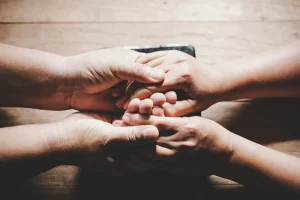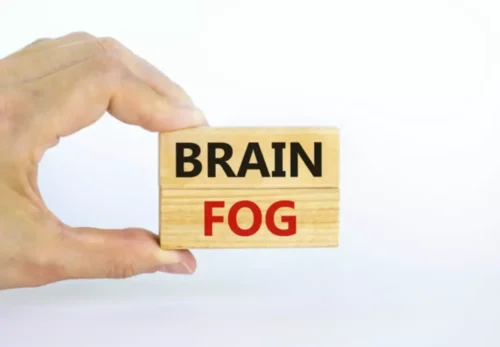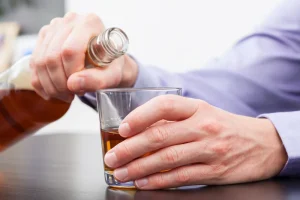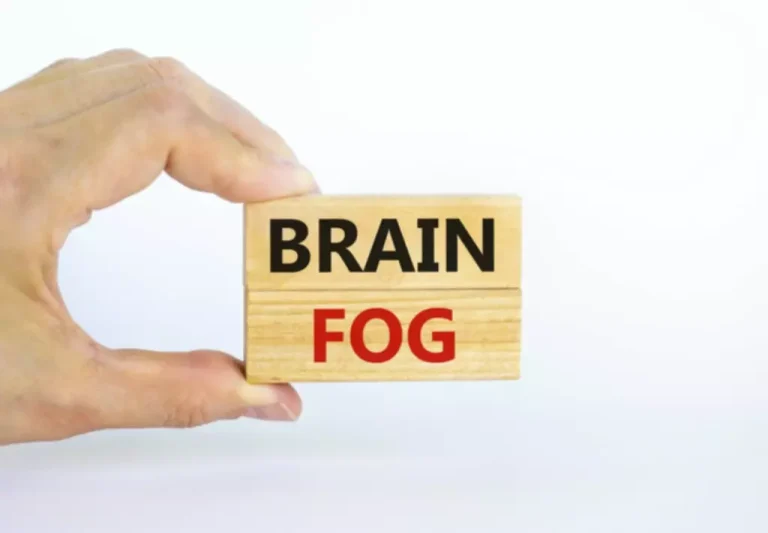
She notes that it can help to avoid your triggers as much as possible in early recovery, since triggers are often most intense when you first stop drinking. But even when you don’t know anyone else trying to make a similar change, friends and loved ones can still offer emotional support. External triggers refer to the environmental cues going back to drinking after being sober you link to alcohol, including places, times, people, and situations. But in spite of your goals and no matter how committed you are to changing your habits around drinking, avoiding alcohol might prove a little more difficult than you expected. Maybe you’re worried that people will judge you for struggling with drinking.

How To Quit Drinking If You’re Dependent On Alcohol
However, individuals with AUD typically require more comprehensive interventions. This may include psychotherapy and/or medications to reduce cravings and improve their ability to reduce or stop drinking. Determining how much alcohol is too much is an individualized question and may depend on someone’s age and other health conditions. Additional research is needed to develop guidelines inclusive of broader sex/gender spectrum.
- It’s often easier to turn down a drink when you don’t have to do it alone.
- Most people who experience cravings notice a mix of internal and external triggers.
- Many involve a combination of group psychotherapy (talk therapy) and medications.
- Often, people with alcohol use disorder find that other people in their lives spot their addiction long before they do.
Consider professional support
We all ordered drinks, then spent most of the meal discussing our not-so-great relationship with alcohol. I slept terribly that night and decided the next morning to try to stop for good. Alcohol was entwined with some of my biggest life milestones. I met my husband at a bar over a Northern Standard cocktail and then wrote about it for Food & Wine magazine. I received a bottle of Vermont WhistlePig rye for my 40th birthday and a Merry Edwards Russian River Pinot as a wedding present.

Use resources by the National Institute on Alcohol Abuse and Alcoholism (NIAAA)
“Nutrition optimization is actually the most evidence-based and most important intervention aside from stopping drinking,” points out Dr. Lindenmeyer. This is because, for a lot of people who experience some kind of liver dysfunction, it makes them at risk of not getting enough proteins, calories or vitamins. Sobriety terrified me, but ruining my life scared me more.

I’m not just referring to how I behaved while under the influence, but my general demeanor, reputation, and options for life were all begging for a massive change. You also need a reason that will help keep you from having relapses, dealing with withdrawal, and staying committed to your goal of sobriety. This fear gives you a healthy respect for the process and ensures that you take it seriously. It doesn’t matter what you’re specifically afraid of, but you must acknowledge that you ARE afraid. The research shows that the numbers are even worse for people in recovery from drug addiction. People dealing with less obviously destructive addictions like pornography or food typically fare even worse.
However, the temptation that keeping alcohol in the house creates is often a catalyst for relapse. To help ease this temptation, consider keeping some non-alcoholic drinks around to replace alcohol. Switch to having tea at night if you used to wind down with a glass of wine or try the many types of alcohol-free beer and wine that are becoming widely available. If you’ve decided to stop drinking alcohol on your own, here are a few tips that may help make the process easier.
- People new to recovery can find themselves approaching their new diet, exercise program, job, and even participation in support groups with a compulsion that echoes addiction.
- If you have alcohol use disorder and want help, a healthcare provider can guide you to resources and rehabilitation programs to help you quit.
- Research shows that the majority of people who eventually achieve long-term sobriety have at least 1 relapse.
